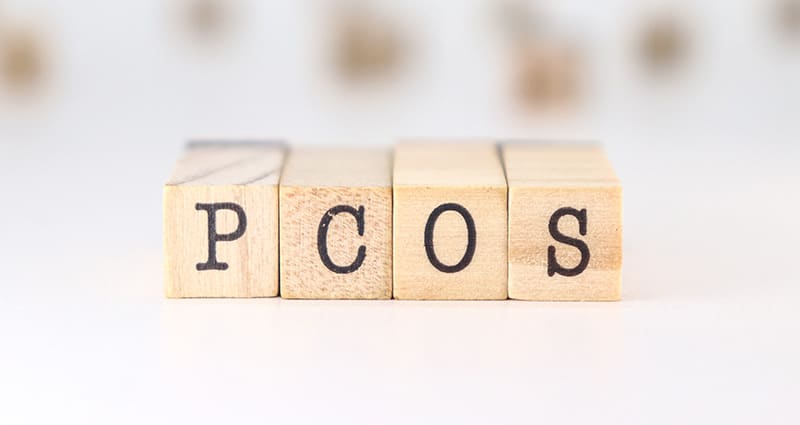If you’re a woman who’s having issues with your menstrual cycles, you could be living with polycystic ovary syndrome (PCOS). This syndrome is a common health problem that afflicts women of childbearing age.
PCOS is a hormonal disorder that disrupts the functioning of the ovaries, interfering with their ability to produce eggs. It’s one of the most common—but treatable—causes of infertility in women. PCOS affects roughly 5 to 10 percent of women of childbearing age.
Excess facial hair is another sign that you may have PCOS. If these symptoms sound familiar, you should consult a doctor.
The earlier PCOS gets diagnosed and treated, the better. If left untreated, it can increase your risk of long-term complications like diabetes or heart disease.
Symptoms of PCOS
Most women find out they have it when they have difficulty getting pregnant and consult a doctor. However, you might see a doctor earlier if you notice you have certain symptoms:
- Irregular menstrual cycles, with periods coming too often, not often enough, or not at all
- Signs that you have elevated levels of androgen, including excess facial and body hair, severe acne, or thinning of the scalp hair (male-pattern baldness)
- Cysts on the ovaries
- Weight gain
- Skin tags
- Patches of darkened skin in areas such as the neck or underneath the breasts
What Causes PCOS?
The exact cause of PCOS remains unknown, although we know that weight gain can make it worse. Your risk for PCOS may be higher if you’re obese or have close relatives who have it.
Other causes might include:
- Extra insulin: This can increase androgen production, causing difficulty with ovulation
- Extra androgen: The ovaries are making too much androgen, which also causes acne and hirsutism
- Light inflammation: This can also stimulate ovaries to produce androgens
Complications of PCOS
Complications of PCOS can include:
- Infertility
- Miscarriage or premature birth
- Gestational diabetes or type 2 diabetes
- Sleep apnea
- Anxiety
- Eating disorders
- Depression
- Irregular uterine bleeding
- Endometrial cancer
Treatment of PCOS
There’s no cure for PCOS, but symptoms can be treated and managed, improving your odds of getting pregnant. Steps you can take include:
- Losing weight. A healthy diet and eating habits can lower your blood glucose levels. The reduction can improve how your body utilizes insulin. This adjustment can level out your hormones and make your menstrual cycle more regular.
- Medication. If you’re not trying to get pregnant, birth control pills can make your menstrual cycle more regular. Anti-androgen medications block the effect of excess androgen, reducing unwanted hair.




